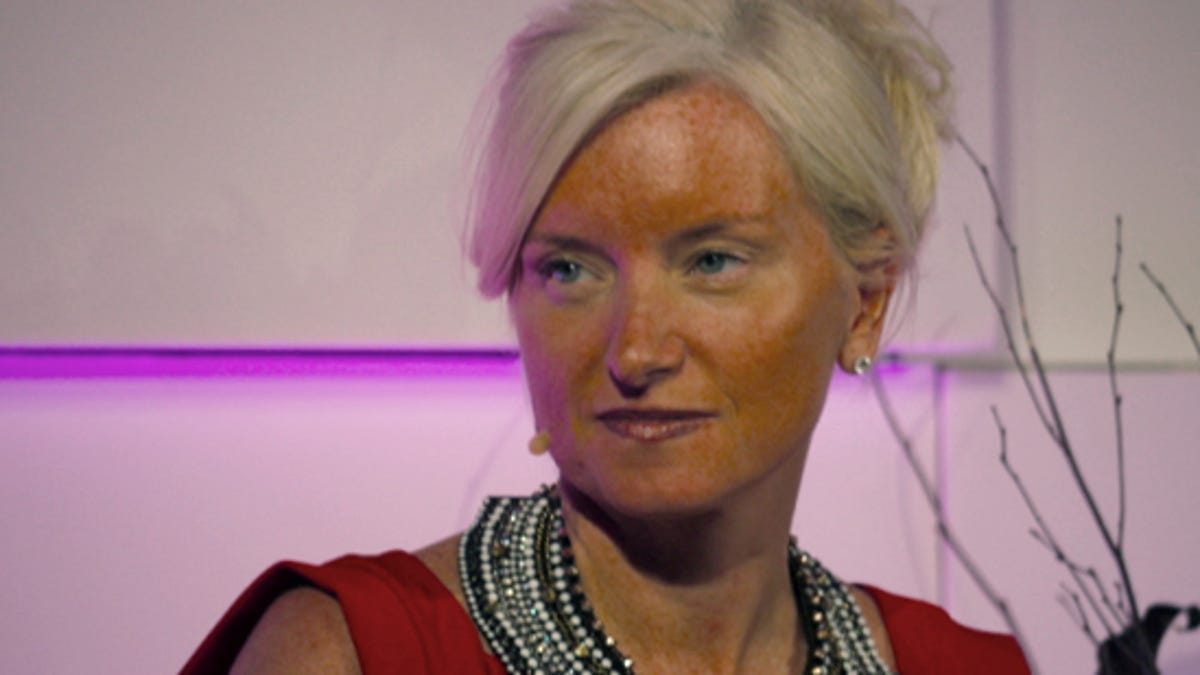Facebook ads really work, just ask Samsung
A three-week Facebook ad campaign for the Galaxy S3 smartphone reached over 105 million unique users, and generated $129 million in sales, a 13-times return on a $10 million ad buy.

Do Facebook ads work? Of course they do, says company global marketing head Carolyn Everson.
"The biggest myth is that Facebook ads don't work," she said today, reiterating Mark Zuckerberg's comments on Facebook's ad business. And, Facebook's rising stock price seems to support the notion that advertising dollars are flowing faster these days into the company's coffers.
The shift to mobile is a major factor in how Facebook will grow its advertising. "If you look at time spent on mobile devices -- we have 600 million of a billion users on mobile -- from pure budget allocation, the money is going to shift," Everson said, speaking at the BusinessInsider Ignition conference in New York. However, the shift of the money to mobile is slow, and the bulk of Facebook revenue still comes from Web usage. Mobile advertising is only about 1 percent of overall ad spending.
Everson offered proof points of the value that Facebook's ads bring from working with Datalogix, a market analytics firm that is measuring how often Facebook's users view advertised products on the site and then make purchases. The data indicated an average three- to five-time return on Facebook ads. A recent ad campaign for the Samsung Galaxy S3 smartphone, amid the iPhone 5 frenzy, resulted in an even larger return on investment. The three-week campaign reached over 105 million unique users, and generated $129 million in sales, a 13-times return on a $10 million ad buy, she said. Samsung now has more than 20 million fans on Facebook to market its messages.
But ad spending on social media sites, including Facebook and Twitter, is a small fraction of TV advertising. "There is no single Web or mobile platform that is the be all, end all for marketing," said Shiv Singh, global head of digital for PepsiCo Beverages, who was speaking on the same panel. "The most effective use is of different platforms and channels together. Facebook doesn't compete with Twitter or TV -- they feed each other."
Everson maintained that based on reach and frequency, Facebook competes effectively with TV and that mobile will eventually overtake TV as the dominant ad platform.
The advertising industry is heading for always on, real-time marketing through the new platforms, Singh said. Facebook is no doubt in a good position to capitalize on that future as social and mobile become the platform of choice among consumers.

